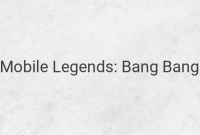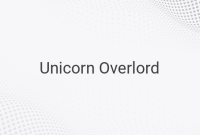Epic Games is stepping up its game with a new “Creator Economy 2.0” that aims to create a better economy for Fortnite creators. This was announced during the State of Unreal keynote on Wednesday (March 22). Previously, Epic creators participated in the “Support-A-Creator” program. Under this program, creators were given individual codes, and if someone purchased something in the Fortnite store using that code, the creator received 5% of the purchase.
However, a significant weakness of this model is that creators had to promote their codes and hope that people remembered to use them when making a purchase. But this is about to change with the introduction of Creator Economy 2.0.
According to Saxs Persson, EVP Epic of the Fortnite ecosystem, on stage during the event, Fortnite generates billions of dollars in annual revenue from clothing and in-game items purchases. As part of Creator Economy 2.0, Epic plans to distribute 40% of Fortnite’s net revenue to qualified creators who publish games in Fortnite, including Epic itself.
“Payments from the pool are based on island performance. We take into account data such as island popularity, engagement, retention, and attracting new players,” said Persson. “You don’t need to design cunning monetization loops or extractive item gating. You make an island that players love, that’s all you need to be part of the new economy.”
Epic has provided further details on payments on its blog about the new package. Additionally, Epic has launched a dedicated Fortnite creator portal at https://create.fortnite.com/ where creators can sign up for the program. Epic will retroactively pay creators based on interactions starting March 1, 2023.
This new change coincides with the release of Unreal Editor for Fortnite, a PC application that gives creators new tools from the Unreal Engine to build Fortnite experiences.
In conclusion, Epic Games’ Creator Economy 2.0 aims to create a better revenue-sharing model for Fortnite creators while eliminating the need for promotion and focusing on creating experiences that players love. It is exciting news for creators who can now focus entirely on making their islands as enjoyable as possible for Fortnite players while earning a substantial revenue share.




